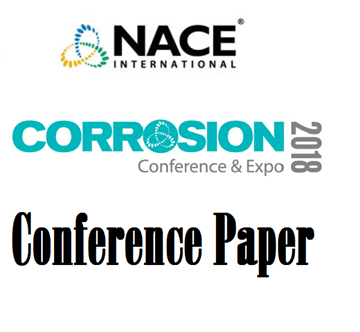Search
07097 New Insights into the Potential for Environmental Cracking of Corrosion Resistant Alloys in High-Density Formate and Bromide Well Completion Brines at High Temperature
Also Purchased
51315-5501-A Laboratory Evaluation of the Suitability of Cesium Acetate Brines as Completion Workover Suspension and Packer Fluids for Extreme HPHT Wells—Results of an Extensive Corrosion Testing Program
Product Number:
51315-5501-SG
ISBN:
5501 2015 CP
Publication Date:
2015
$0.00
51318-11509-Assessment of materials compatibility with high density Brines for completion fluid of HPHT wells
Product Number:
51318-11509-SG
Publication Date:
2018
$20.00
51316-7613-Effect of Stress Level on the SCC Behavior of 13Cr Steel during HT Exposure to Formate Brines
Product Number:
51316-7613-SG
ISBN:
7613 2016 CP
Publication Date:
2016
$20.00




